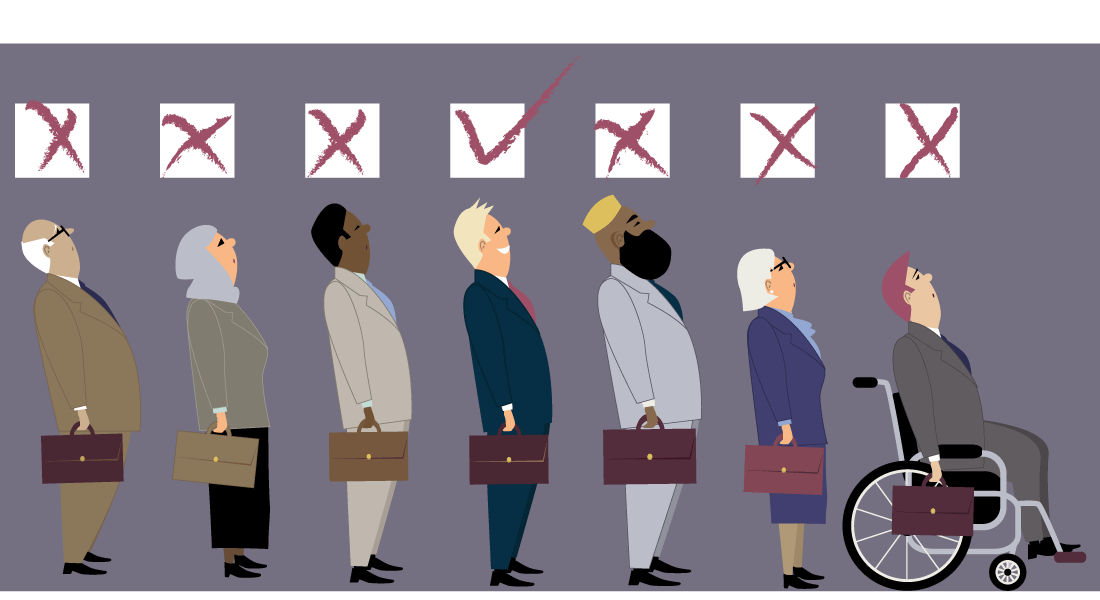The University of Alabama at Birmingham has been ordered to pay nearly $4 million to Dr. Fariba Moeinpour, an Iranian-born former cancer research scientist, who alleged that she endured nearly a decade of harassment from a co-worker due to her nationality. Dr. Moeinpour, now 62 years old, filed a lawsuit against the university in October 2021, claiming the harassment was a daily occurrence and that the institution consistently ignored her complaints.
Dr. Moeinpour is a naturalized U.S. citizen who began her tenure at the UAB lab in February 2011. Unfortunately, her employment was terminated in February 2020 following a confrontation with her supervisor. The co-worker accused of harassment, identified in court documents as Mary Jo Cagle, allegedly made derogatory comments about Dr. Moeinpour’s name, referring to it as a “weird a** name,” and even told her to “go back to Iran.” In a particularly alarming incident, Cagle is accused of driving her vehicle toward Dr. Moeinpour and her daughter in the UAB parking lot while brandishing a firearm and hurling racial slurs at them.
In a further troubling development, after Dr. Moeinpour reported the harassment, her supervisor, Clinton Grubbs, who is not named in the lawsuit, allegedly dismissed her concerns by stating he was powerless to act against Cagle due to fears for his safety. He reportedly claimed that taking action could lead to severe repercussions, including losing his job or even facing harm. Grubbs allegedly suggested that Cagle was associated with the mafia and recounted a disturbing incident where four men showed up at his home to intimidate him after he threatened to fire Cagle.
The lawsuit details a disturbing account where Dr. Moeinpour sought help from Grubbs regarding the lack of action taken against Cagle. Instead of providing support, Grubbs reportedly called the police, indicating he would damage her reputation. He claimed that the discussions regarding her complaints were merely “his word against hers.” When Dr. Moeinpour insisted that she could prove her case, Grubbs allegedly physically assaulted her, grabbing her by the chin, knocking her down, and injuring her face in the process. He then reportedly fell on top of her and restrained her, leading her to slap him in self-defense.
When a UAB police officer arrived at the scene, Dr. Moeinpour admitted to hitting Grubbs in an attempt to stop his assault. Instead of addressing her claims, the officer escorted her out of the building, and she reportedly fainted when informed she was being arrested. Upon regaining consciousness, Dr. Moeinpour found herself restrained to a gurney in the emergency room, with both her ankles and wrists handcuffed. She was subsequently taken to jail and held overnight, which added to the distress of her situation.
In the police report filed by UAB, Dr. Moeinpour was characterized as an “out of control” aggressor. However, Grubbs surprisingly informed the police that he did not wish to press charges and mentioned that he and Dr. Moeinpour had been in a relationship over the past year, which she firmly denied, asserting they had never been romantically involved. Ultimately, Dr. Moeinpour was terminated from her position on February 13, 2020, for alleged violations of the university’s policy against fighting and absenteeism, despite her claims of being assaulted by Grubbs and without any investigation into her allegations or consideration of evidence.
Throughout the four-year trial, witness testimonies and audio recordings that supported Dr. Moeinpour’s claims were presented to the jury. One key witness, a mall security guard, recounted an incident where Cagle followed Dr. Moeinpour and her daughter around the mall, subjecting them to racial slurs. Dr. Moeinpour’s legal team also provided documentation showing her persistent attempts to report the harassment to human resources over the years.
The federal jury ultimately determined that Cagle acted with “malice and reckless indifference” toward Dr. Moeinpour’s federally protected rights based on her nationality. The jury ruled that the university’s decision to arrest Dr. Moeinpour constituted an “adverse employment action.” On Monday, the jury mandated that UAB pay Dr. Moeinpour $3.8 million, while Cagle was ordered to pay her $500,000 in compensatory damages and an additional $325,000 in punitive damages.
Reflecting on her ordeal, Dr. Moeinpour expressed the emotional toll this experience had taken on her life, stating, “Day and night, I was looking for a job, any job, but nobody would hire me because my name was tarnished. Now, my good name has been restored.” In response to the verdict, UAB spokeswoman Alicia Rohan emphasized that the university “does not tolerate harassment, retaliation, or discrimination of any kind.” However, she also indicated that the university disagrees with the jury’s verdict and is “considering next steps” in the legal process.
Like this:
Like Loading...










